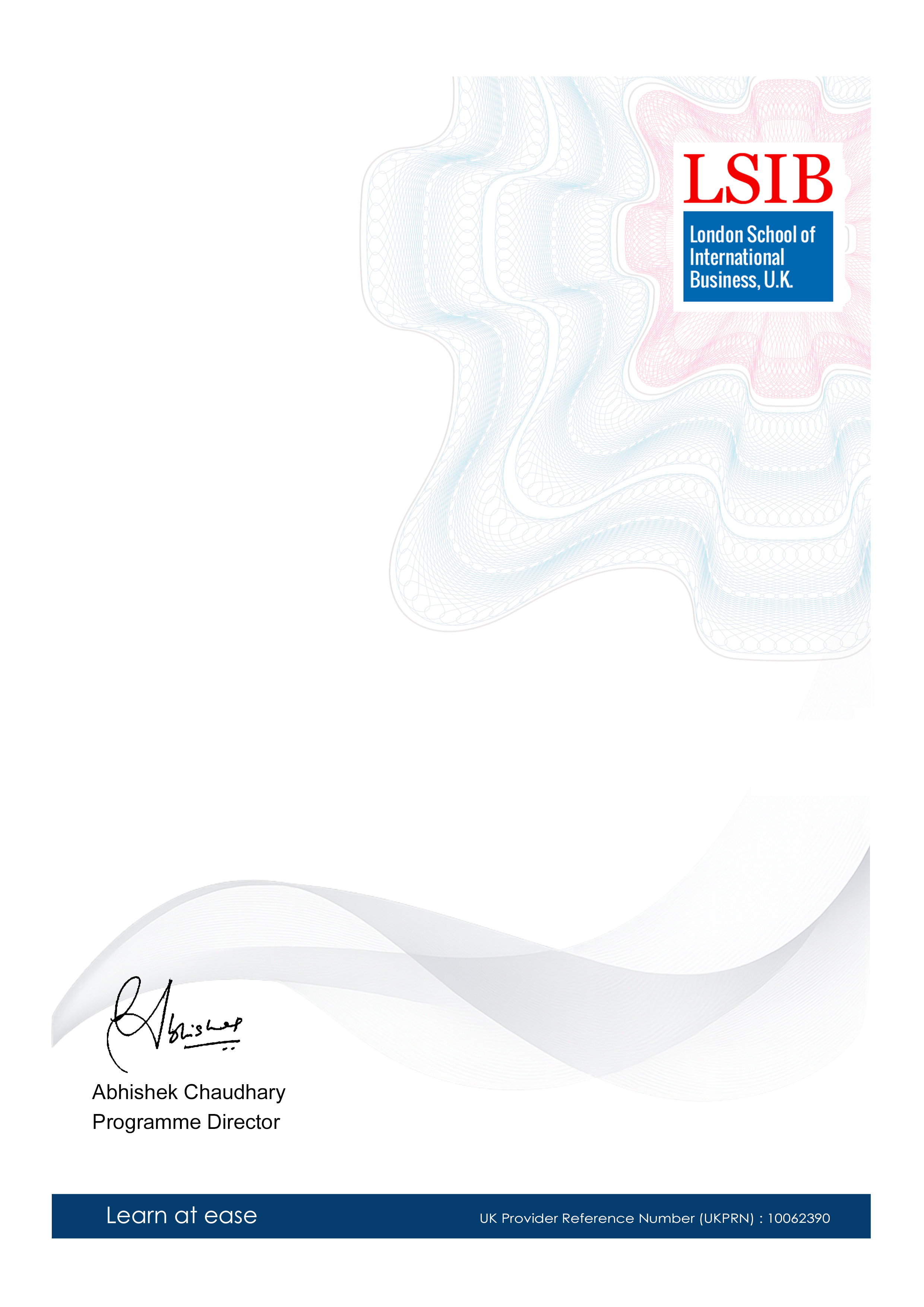Digital Humanities and Data Visualization
-- viewing nowDigital Humanities uses computational methods to study the humanities. Data visualization is key to interpreting complex datasets.
3,963+
Students enrolled
GBP £ 140
GBP £ 202
Save 44% with our special offer
About this course
100% online
Learn from anywhere
Shareable certificate
Add to your LinkedIn profile
2 months to complete
at 2-3 hours a week
Start anytime
No waiting period
Course details
• Data Structures and Relational Databases
• Text Analysis and Natural Language Processing
• Network Analysis and Social Network Analysis
• Geographic Information Systems (GIS) and Spatial Data Visualization
• Data Visualization Principles and Best Practices
• Interactive Data Visualization Tools (e.g., D3.js, Tableau)
• Digital Humanities Research Methods
• Web Development Fundamentals for DH projects
• Ethics and Accessibility in Digital Humanities
Career path
| Career Role (Primary Keyword: Data Scientist) | Description |
|---|---|
| Digital Humanities Data Scientist (Secondary Keyword: Text Mining) | Develops advanced analytical models for large-scale text corpora in historical and literary studies, focusing on natural language processing and machine learning. |
| Data Visualization Specialist (Primary Keyword: Visualization) | Creates interactive and insightful data visualizations for scholarly projects, communicating complex research findings effectively using cutting-edge tools. |
| Digital Humanities Project Manager (Primary Keyword: Project Management) | Manages and coordinates complex digital humanities projects, ensuring efficient resource allocation and successful project delivery within budget and timelines. |
| Computational Linguist (Primary Keyword: Linguistics) | Applies computational methods to analyze language structure and meaning in various historical contexts, leveraging advanced statistical techniques and programming. |
| Digital Curator (Primary Keyword: Digital Curation) | Manages and preserves digital collections of cultural heritage materials, ensuring accessibility, longevity, and interoperability of digital archives. |
Entry requirements
- Basic understanding of the subject matter
- Proficiency in English language
- Computer and internet access
- Basic computer skills
- Dedication to complete the course
No prior formal qualifications required. Course designed for accessibility.
Course status
This course provides practical knowledge and skills for professional development. It is:
- Not accredited by a recognized body
- Not regulated by an authorized institution
- Complementary to formal qualifications
You'll receive a certificate of completion upon successfully finishing the course.
Why people choose us for their career
Loading reviews...
Frequently Asked Questions
Course fee
- 3-4 hours per week
- Early certificate delivery
- Open enrollment - start anytime
- 2-3 hours per week
- Regular certificate delivery
- Open enrollment - start anytime
- Full course access
- Digital certificate
- Course materials
Get course information
Earn a career certificate

